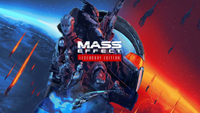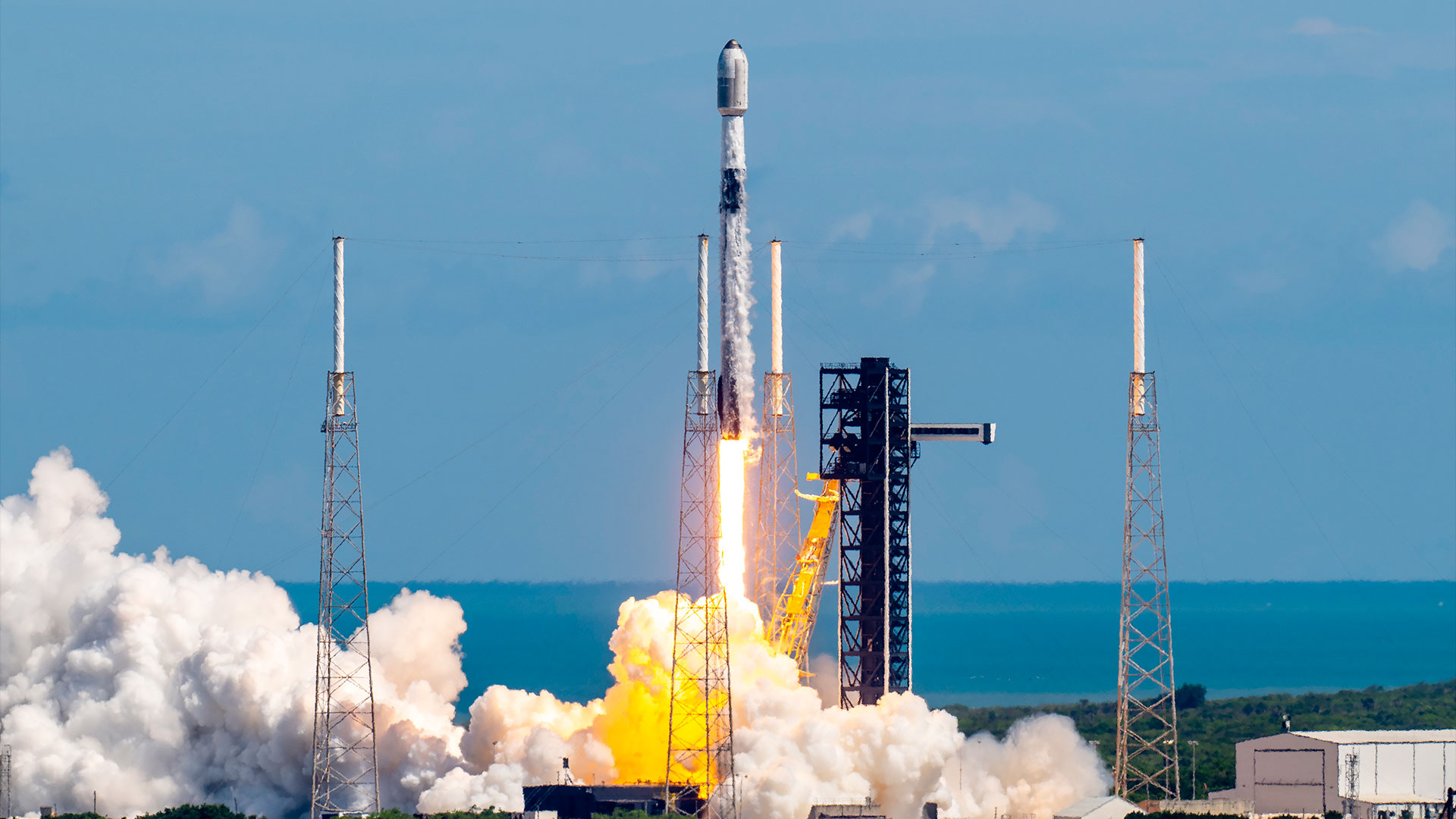The 'Mass Effect: Legendary Edition' has landed. Here's what space fans should know.
Space.com talks the "Mass Effect" trilogy and tips with our PC Gamer friends.
New fans and old veterans alike of "Mass Effect" will find things to appreciate in the remastered version of the iconic space games, which launch today (May 14) on multiple platforms.
"Mass Effect: Legendary Edition" is remastered by original Canadian developer BioWare, a subsidiary of American publisher Electronic Arts. The full trilogy will be available on PC (via Origin, EA Desktop app, Green Man Gaming and Steam), Xbox One and PlayStation 4 at 12 a.m. EDT (0400 GMT); backward compatibility is also available on Xbox Series X|S and PlayStation 5.
"The textures, shaders, models, effects and technical features of these three epic adventures have all been updated, with the goal not to remake or reimagine the original games, but to modernize the experience so that fans and new players can experience the original work in its best possible form," EA said in a statement, adding that for best results, play through the whole trilogy (an estimated 100 hours of content) and take your time, as otherwise your choices in "Mass Effect 3" will pack a huge punch.
Related: 'Mass Effect: Legendary Edition' looks gorgeous — check out the biggest changes
"Mass Effect: Legendary Edition" $60 on Amazon.com
The full trilogy will be available on PC, Xbox One and PlayStation 4 on May 14, 2021.

I asked my husband ("J") to do a quick first look on our PlayStation 4 with an advance copy BioWare provided of the remastered trilogy, as he also played the original "Mass Effect" trilogy as it came out. While J was impressed with the upgraded graphics and had a relatively smooth first few hours, he encountered some audio-subtitle synching bugs, found the mini-map confusing in indicating direction, and said the controls should be upgraded to let characters walk and run more intuitively by clicking the left-hand controller stick.
"It's a pretty good remake for those nostalgic of the series and wanting to replay the game on modern consoles, but it has a few kinks that could still be worked out for newcomers that are expecting a modern experience," J told Space.com.
Armed with this experienced console gamer's look at "Mass Effect," we asked PC Gamer staff writer Christopher Livingston about his memories playing the original series on various versions of PC, and what new gamers can expect. (PC Gamer and Space.com are both owned by Future PLC.) The edited transcript is below.
Breaking space news, the latest updates on rocket launches, skywatching events and more!
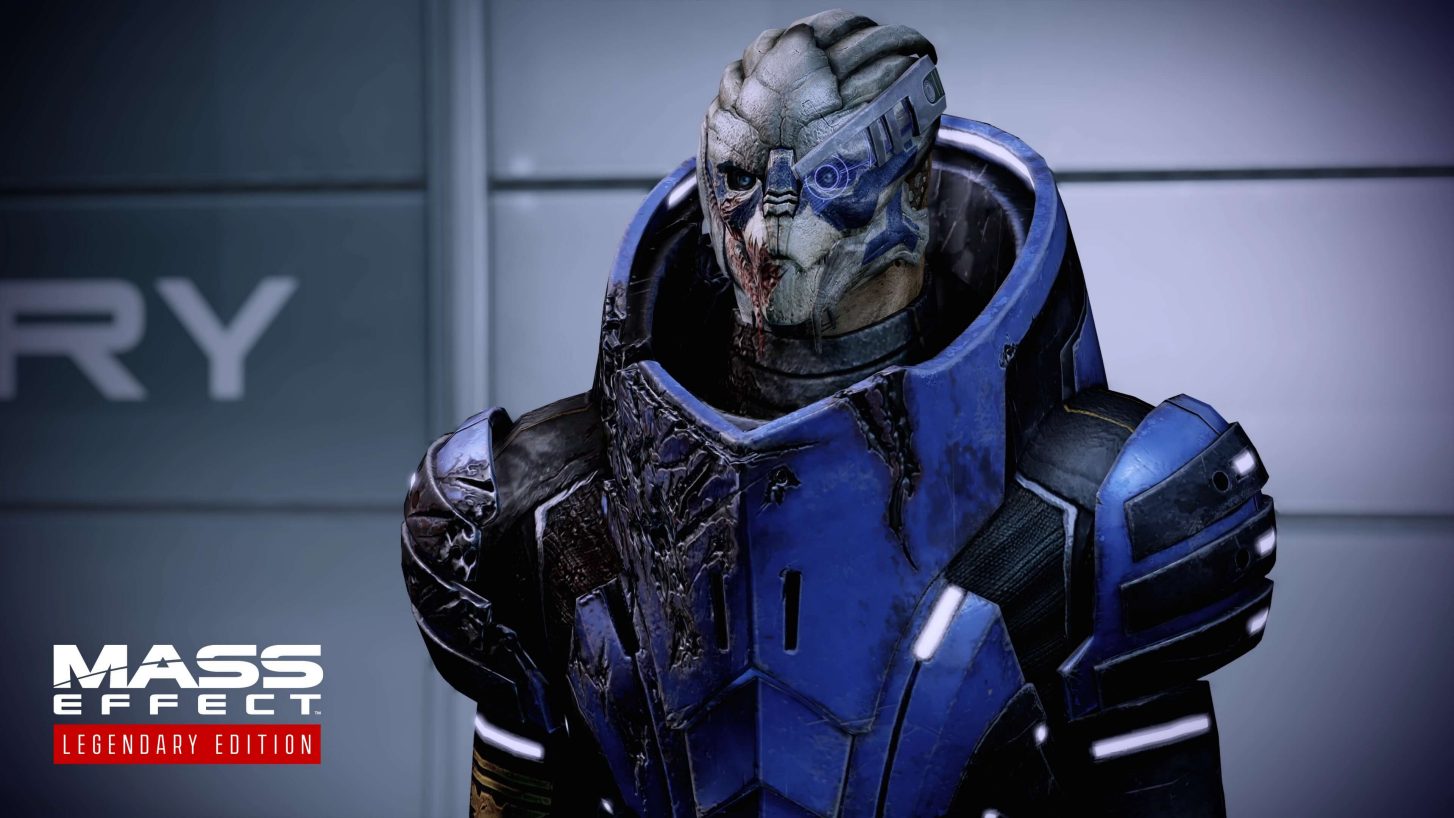
Space.com: What was your first encounter with the games?
Christopher Livingston: The first one, I think I played as it was released [in 2007]. I got quickly hooked into the story and characters, so as the second and third ones came out [in 2010 and 2012], I played them immediately. It was one of those games that comes along where there's so much discussion that you don't want to be playing three months later. You want to be playing it at the same time as your friends, your colleagues and the community because you don't want things spoiled. You want to compare your own experiences with other people's as they're experiencing them.
Space.com: What made "Mass Effect" unique from other franchises, at the time that it was released?
Livingston: It was absolutely the characters that you meet in the game and the relationships you formed with them. I struggle to think of games where the characters are so well-realized and the dialogue is so well-written. It's a role-playing game, so you have input into these conversations. You're not just watching them happen. You have responses to what people are saying.
For me, when I play a role-playing game, I often play a self-interested character, like what's in it for me and why do I care about this? But in "Mass Effect," I very quickly realized this isn't going to work. I really care about these characters. It's a rare thing, I think, where a game will change the way you play it. I quickly just abandoned the whole, "I'm a jerk" thing because I cared so much about these people. When I went on missions, I was like, "Whatever. I'm shooting, shooting, shooting at enemies [just to finish the mission]. All I want to do is get back to the ship and talk to my friends."
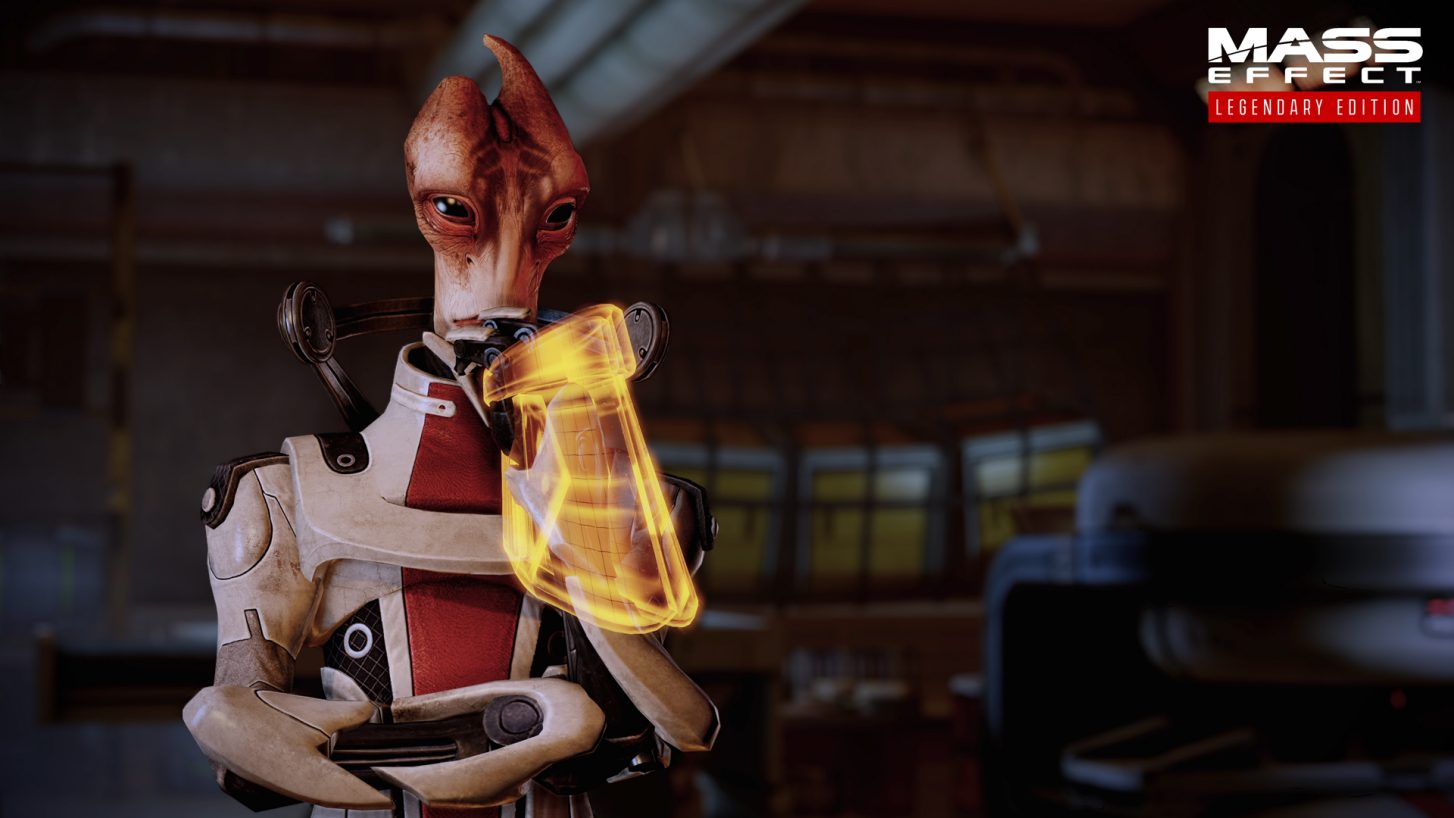
Space.com: In real-life space missions and in space analogs, when people come back from those experiences, they usually tell us that they had to rely on their crewmates. They didn't have a choice because they were so isolated. Is that why you altered your behavior in "Mass Effect"?
Livingston: Honestly, [it was because] they were just very interesting people and the dialog was so good. They had these backstories, problems and traumas. I don't know if I felt reliant on them, but I was very interested in them. I had a huge crush on my character because she was very well-written. It was like a collaboration between the writers — who gave you all these things to say — and then yourself, choosing what you want to say.
Space.com: If was new to the series, what would you recommend that I bear in mind? How should I be approaching this game as opposed to other types of RPGs?
Livingston: In terms of your character, there's this idea of [choosing between] a "paragon" — someone who does the right thing all the time, and the "renegade" — who's kind of like a loose cannon, maybe mean or potentially evil. I would say, don't feel like you need to stick to those two choices. Don't feel like you need to be this archetype of one or the other, even though it feels like that's what they're asking you to do. Base your decisions on what feels right to you at the time and how you feel about the people that you're interacting with.
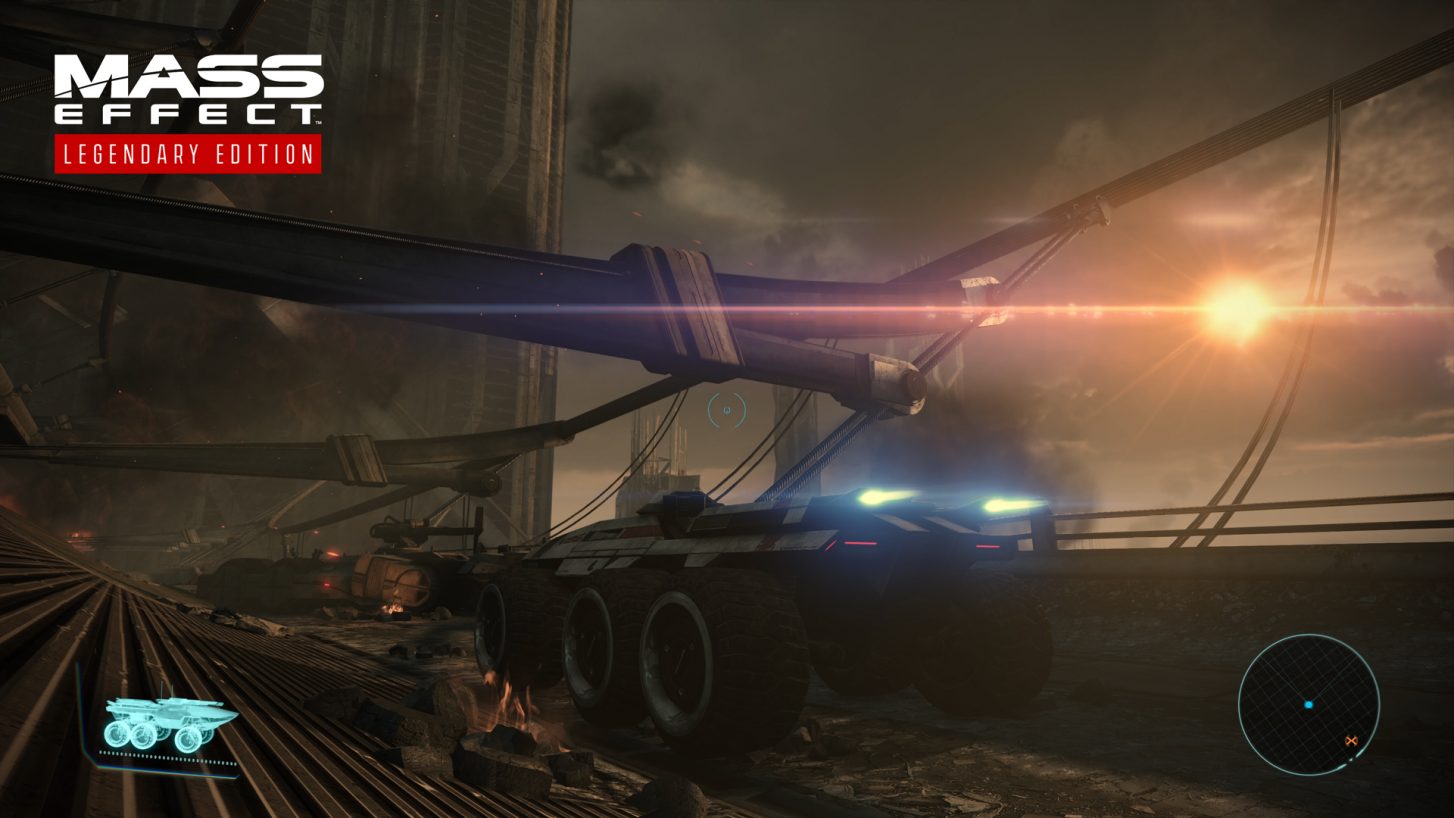
Space.com: Can you give me a sense about how you were beginning to feel when you got to the third game, after having gone through the experience of playing the first two?
Editor's note: The trilogy allows you to import your characters between games, allowing for dozens of hours with the same character experiencing the impact of all your choices along the way.
Livingston: There's a lot of controversy about the ending of "Mass Effect 3" to the point where they kind of rewrote it because people were really unhappy. I didn't quite agree with that. You see this in TV shows like "Game of Thrones" and "Line of Duty" where everyone wants the very last episode, even the last 10 minutes of the last episode, to be the perfect ending. But I think you can look at an ending as not just the last 10 minutes; you can look at it as the whole last season.
If you consider the "Mass Effect 3" ending as not just the last thing you do, but like the last part of the story, I thought it was really satisfying. You have these characters that you've been with through this journey, and you have to make some really horrible, difficult decisions. A lot of times it's not so much making the right decision, but choosing from a series of wrong decisions. There are some really tough choices, and you have to say goodbye to a lot of characters. Going into it I was hoping for a resolution that felt satisfying. It felt like these characters were given their due by the writers.
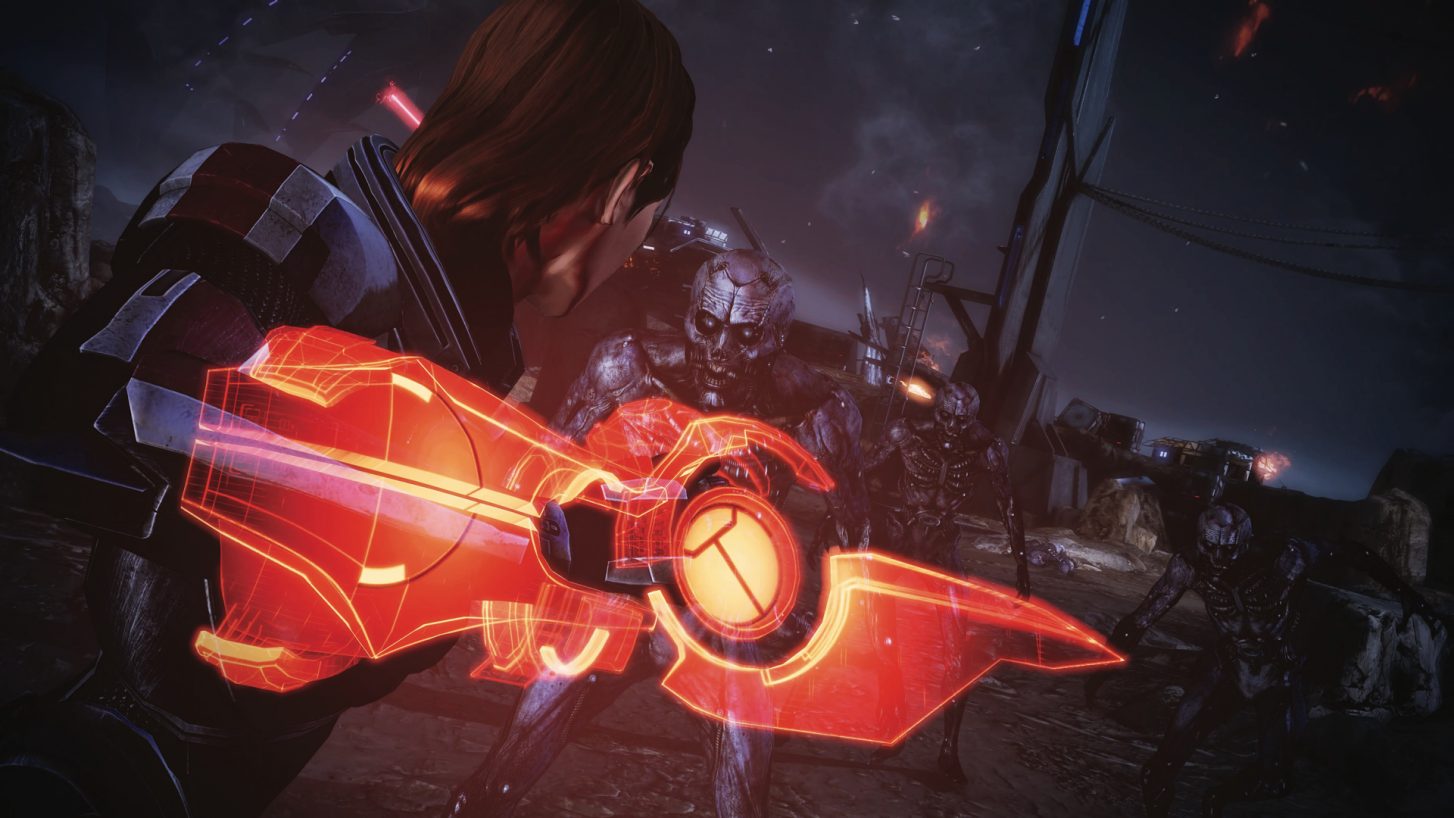
Space.com: What do you think is the legacy of "Mass Effect"?
Livingston: I know I keep coming back to this, but there's so much that involves the characters. There's endless [community] debates about who your best follower is of all the crew members. But I think the legacy is just having so many fantastic, interesting characters that stay with you. In terms of my own playthrough, I played each game only once. I know a lot of people go back and replay them, and I often do it with role-playing games to make different choices. I couldn't bring myself to overwrite the memory of the story I had the first time. I didn't want to know what would happen differently. I felt I couldn't just leave. I couldn't remake my character. That story [I experienced] is what happened, and that was my personal canon for the series.
Space.com: Is there anything else you wanted to include?
Livingston: I feel like a lot of science fiction about humans encountering aliens falls into either, they're benevolent aliens and they want to help us, or they're evil aliens and they want to destroy us. There are both of those in "Mass Effect", but there's also all this gray area. There's politics in different alien cultures, and they have different backgrounds and worries and troubles. It's not just an [attitude of] "Let's kill this race because they're evil. Let's help this race that are good." There are some straight-up evil types, but [at the same time] there's a lot of nuance and ethics. I think that might be of interest to people who are experienced in space science fiction.
Follow Elizabeth Howell on Twitter @howellspace. Follow us on Twitter @Spacedotcom and on Facebook.
Join our Space Forums to keep talking space on the latest missions, night sky and more! And if you have a news tip, correction or comment, let us know at: community@space.com.

Elizabeth Howell (she/her), Ph.D., was a staff writer in the spaceflight channel between 2022 and 2024 specializing in Canadian space news. She was contributing writer for Space.com for 10 years from 2012 to 2024. Elizabeth's reporting includes multiple exclusives with the White House, leading world coverage about a lost-and-found space tomato on the International Space Station, witnessing five human spaceflight launches on two continents, flying parabolic, working inside a spacesuit, and participating in a simulated Mars mission. Her latest book, "Why Am I Taller?" (ECW Press, 2022) is co-written with astronaut Dave Williams.

